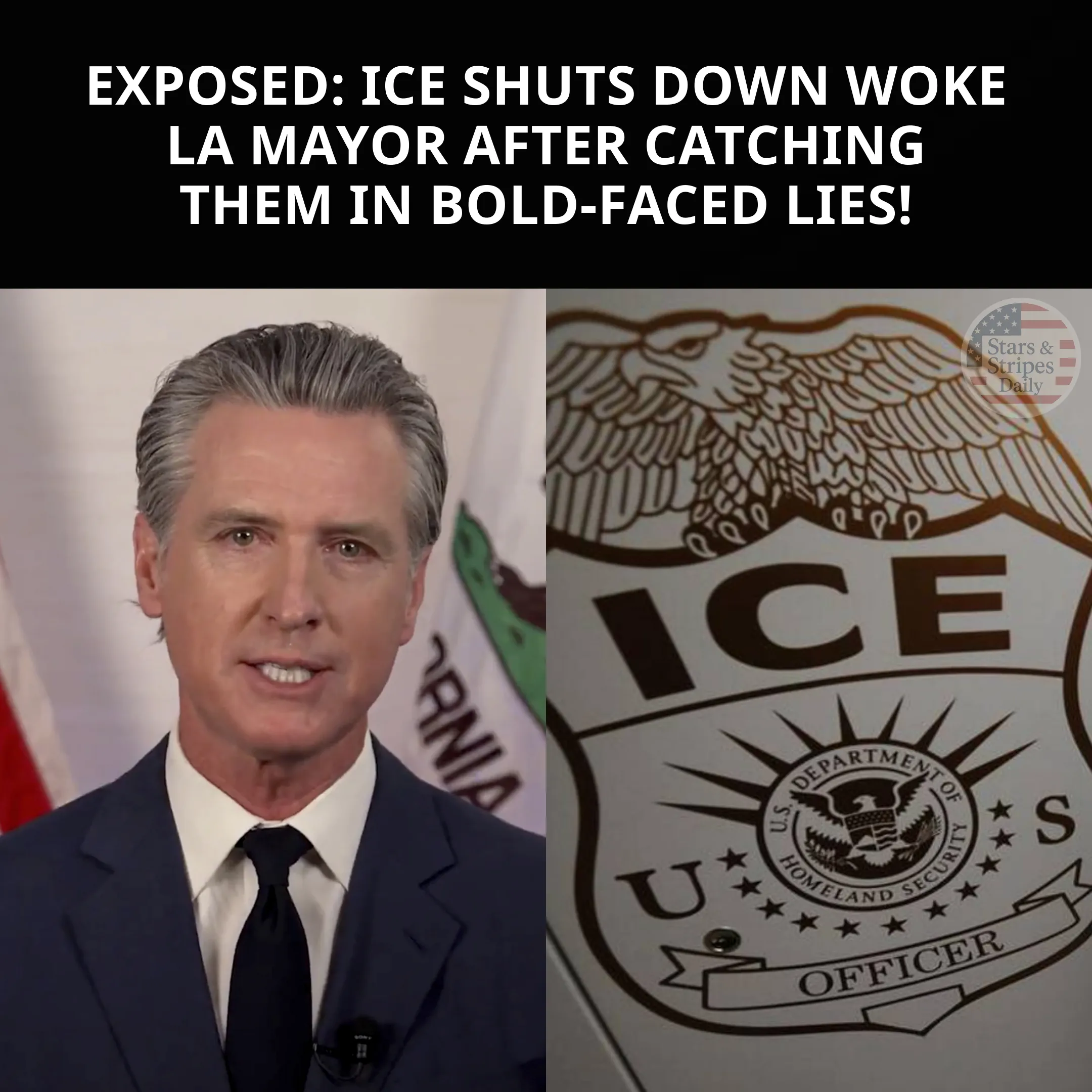The Federal Bureau of Investigation has formally ended its partnership with the Anti-Defamation League, a move that FBI Director Kash Patel described as a decisive break from the policies of former Director James Comey.
The announcement, delivered Wednesday in an interview with Fox News, signals a dramatic departure from a relationship that critics argue blurred the line between law enforcement and political activism.
The partnership between the FBI and the ADL dated back to Comey’s leadership in the mid-2010s. During that period, the bureau engaged in joint initiatives with the ADL, which billed itself as a civil rights watchdog but has been criticized in recent years for aggressively promoting censorship across digital platforms and embedding itself in federal counterterrorism work.
Patel’s decision comes amid ongoing debates about politicization within federal law enforcement, accusations of overreach, and questions about how agencies define extremism in an increasingly polarized society.
“James Comey disgraced the FBI by writing ‘love letters’ to the ADL and embedding agents with an extreme group functioning like a terrorist organization and the disgraceful operation they ran spying on Americans,” Patel said. “That was not law enforcement, it was activism dressed up as counterterrorism, and it put Americans in danger.”
“That era is finished,” Patel continued. “This FBI formally rejects Comey’s policies and any partnership with the ADL.”
Patel, appointed by President Donald Trump, has positioned himself as a reformer determined to restore credibility to the bureau. His comments underscore his belief that Comey’s leadership compromised the FBI’s mission by aligning too closely with outside advocacy organizations that had political and ideological agendas.
The ADL released a statement shortly after Patel’s remarks, taking a conciliatory tone even as the decision severed years of cooperation.
“As we prepare to observe the holiest day of the year on the Jewish calendar, we have seen the statement from FBI Director Patel regarding the FBI’s relationship with ADL,” the organization posted on X.
“ADL has deep respect for the Federal Bureau of Investigation and law enforcement officers at all levels across the country who work tirelessly every single day to protect all Americans regardless of their ancestry, religion, ethnicity, faith, political affiliation or any other point of difference.”
The group did not directly challenge Patel’s decision but emphasized its longstanding history of collaboration with law enforcement on civil rights and security issues.
The decision has prompted renewed attention to former Director Comey’s public embrace of the ADL. In a 2017 address to the Anti-Defamation League National Leadership Summit in Washington, D.C., Comey lavished praise on the group.
He referenced an earlier 2014 address he described as a “love letter to the ADL” and told the audience: “Three years later I can say, from the perspective of the FBI, we’re still in love with you.”
Comey added: “We are not only educating ourselves, we are working with the ADL to build bridges in the communities we serve. For more than 100 years, you have advocated for fairness and equality. And for all of that, we are grateful. As a law enforcement and national security agency, yes. But also as Americans. As humans.”
For critics, such language epitomized the entanglement Patel is now working to end. To them, Comey’s words suggested an inappropriate closeness between a federal agency and an outside group known for controversial activism.
Much of the controversy stems from the ADL’s increasingly prominent role in shaping content moderation policies at major technology companies. The organization frequently provided guidelines on what should be considered extremist or hateful, with companies like Google, YouTube, and social media platforms incorporating its recommendations.
James Comey wrote “love letters” to the ADL and embedded FBI agents with them - a group that ran disgraceful ops spying on Americans.
— FBI Director Kash Patel (@FBIDirectorKash) October 1, 2025
That era is OVER. This FBI won’t partner with political fronts masquerading as watchdogs. pic.twitter.com/R6IKpSTfuP
Republicans have long argued that these guidelines tilted heavily against conservative viewpoints, pointing to ADL reports that flagged phrases such as “It’s OK to be white,” “White Lives Matter,” and even common hand gestures like the “OK” sign as symbols of hate or racism.
The ADL’s “Glossary of Extremism and Hate” became a lightning rod for criticism, particularly after it included conservative youth group Turning Point USA as an extremist entity. The classification drew sharp backlash from Republican lawmakers, conservative commentators, and X owner Elon Musk.
The criticism intensified after the assassination of conservative activist Charlie Kirk, when the ADL’s designations came under renewed scrutiny. Opponents accused the organization of promoting a double standard that demonized conservative speech while failing to address other forms of extremism.
Facing mounting backlash, the ADL announced earlier this week that it would retire its Glossary of Extremism altogether.
“With over 1,000 entries written over many years, the ADL Glossary of Extremism has served as a source of high-level information on a wide range of topics for years. At the same time, an increasing number of entries in the Glossary were outdated,” the organization posted on X.
“We also saw a number of entries intentionally misrepresented and misused. Retiring the Glossary will allow us to explore new strategies and creative approaches to deliver our data and present our research more effectively.”
While framed as an internal update, the announcement was widely seen as a response to political pressure and the growing perception that the project had crossed into censorship rather than education.
For Patel, ending the partnership with the ADL represents part of a broader effort to redefine the FBI’s mission and distance it from what he describes as partisan entanglements. His comments framed Comey’s collaboration with the ADL not as law enforcement but as “activism dressed up as counterterrorism.”
The FBI under Patel has emphasized re-centering on traditional investigative priorities: counterespionage, organized crime, and cyber threats. By contrast, critics of the Comey years argue that the bureau became consumed with domestic political controversies, from the Trump-Russia investigation to questions of social media content moderation.
Patel’s rhetoric reflects a deliberate attempt to cast the ADL not as a partner in protecting communities but as an organization whose influence led to abuses of power and infringements on Americans’ free speech rights.
The decision has divided opinion sharply. Supporters of Patel’s move argue that law enforcement must remain independent and free from the influence of advocacy organizations, particularly those accused of bias. They contend that the FBI’s credibility depends on avoiding even the appearance of political favoritism.
Critics, however, see the end of the partnership as dangerous, warning that dismantling cooperative relationships undermines efforts to combat extremism and hate crimes. They argue that while the ADL may have made missteps, its expertise in monitoring extremist groups has been valuable to law enforcement.
The cultural stakes are equally high. For years, debates over censorship, extremism, and free speech have shaped American political discourse. The ADL’s prominent role in those debates has made it a polarizing institution. By severing ties, Patel has placed the FBI firmly on one side of the national argument.
The FBI’s future approach to countering extremism remains unclear. Patel has promised reforms but has offered few details about how the bureau will redefine its partnerships and strategies.
The decision to break from the ADL may set the tone for a more independent approach, though it also raises questions about what resources and collaborations might replace those previously provided by the organization.
Meanwhile, the ADL faces its own crossroads. By retiring the Glossary of Extremism, it has acknowledged that its methods may no longer serve their intended purpose. Yet the organization insists it will continue to provide data and advocacy to combat hate in new ways.

Whether the ADL can adapt to an environment increasingly hostile to its influence—and whether the FBI can restore trust without outside partnerships—remains to be seen.
The announcement that the FBI is ending its partnership with the Anti-Defamation League marks the end of an era that began under James Comey and was defined by unusually close ties between federal law enforcement and an advocacy organization.
For Director Kash Patel, the decision is about restoring integrity to the bureau and cutting ties with what he views as politicized activism. For the ADL, it is a moment of recalibration as it faces criticism over its role in shaping censorship policies and its controversial glossary project.
The broader implications go beyond institutional reputations. They touch on enduring questions about free speech, extremism, and the appropriate role of government in regulating discourse.
As both the FBI and the ADL chart new paths forward, the country is left to debate whether this separation strengthens or weakens the fight against extremism—and what it means for the balance between security and liberty in an era defined by division.




-1749913872-q80.webp)

